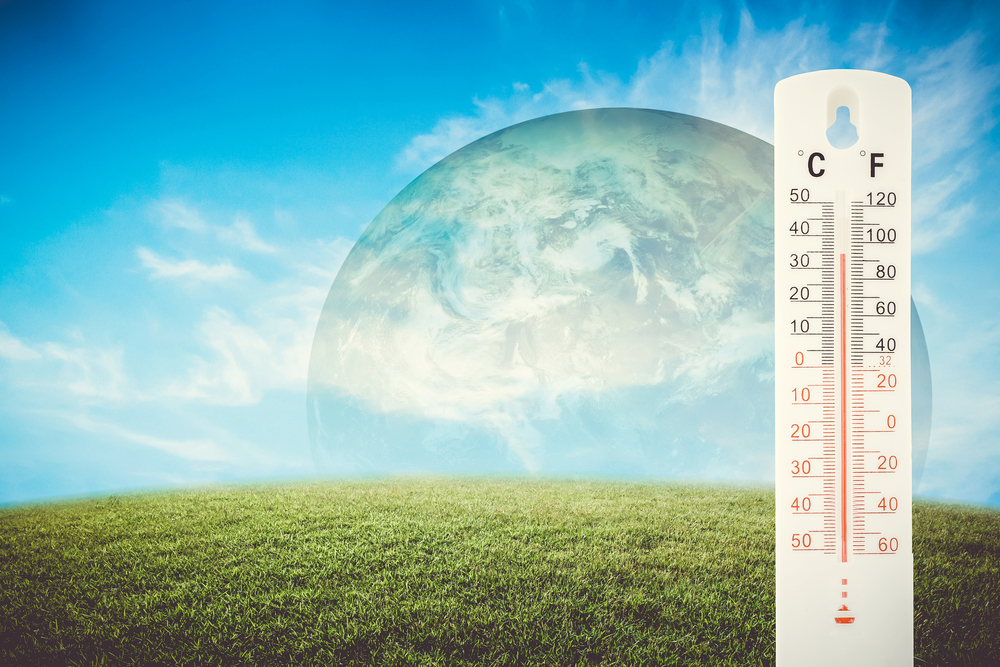
The gradual increase of the earth’s surface temperature enhances the metabolism of mosquitoes and increases the risk of dengue fever outbreaks, according to a recent study conducted by researchers at the University of Liverpool, the Indian Institute of Chemical Technology (IICT) and the National Institute of Pharmaceutical Education and Research.
Specifically, the study centered on changes to the extrinsic incubation period (EIP), which refers to the time taken for incubation of the virus within a mosquito. During this process, a mosquito draws a virus-rich blood meal from an infected person and passes it through its body. Once the virus reaches the salivary gland, the mosquito then becomes capable of transmitting the virus to another human host.
According to the study, lower temperatures between 17 and 18 degrees celsius result in longer EIPs, thereby leading to decreased overall virus transmission. As temperatures continue to increase, the mosquito’s metabolism increases along with it and leads to shorter EIPs.
A five-day decrease in the incubation period was found to raise transmission rates by 300 percent. Should the temperature rise from 17 degrees celsius to 30 degrees celsius, dengue transmission was found to increase by up to 400 percent. However, temperatures above 35 degrees celsius were found to be detrimental to mosquito survival entirely.
“This climate-based dengue forecasting model could help health authorities to assess the disease intensity in a geographic region, based on that they can plan disease control operations well in advance and optimize the use of resources meticulously,” IICT researcher Srinivasa Rao Mutheneni said.
Rao continued, stating that though such methods were in vogue for disease control operations, they were still in the initial stages of implementation of such strategic control methods and that factors such as population density and migration also needed to be included for future risk assessment studies.




